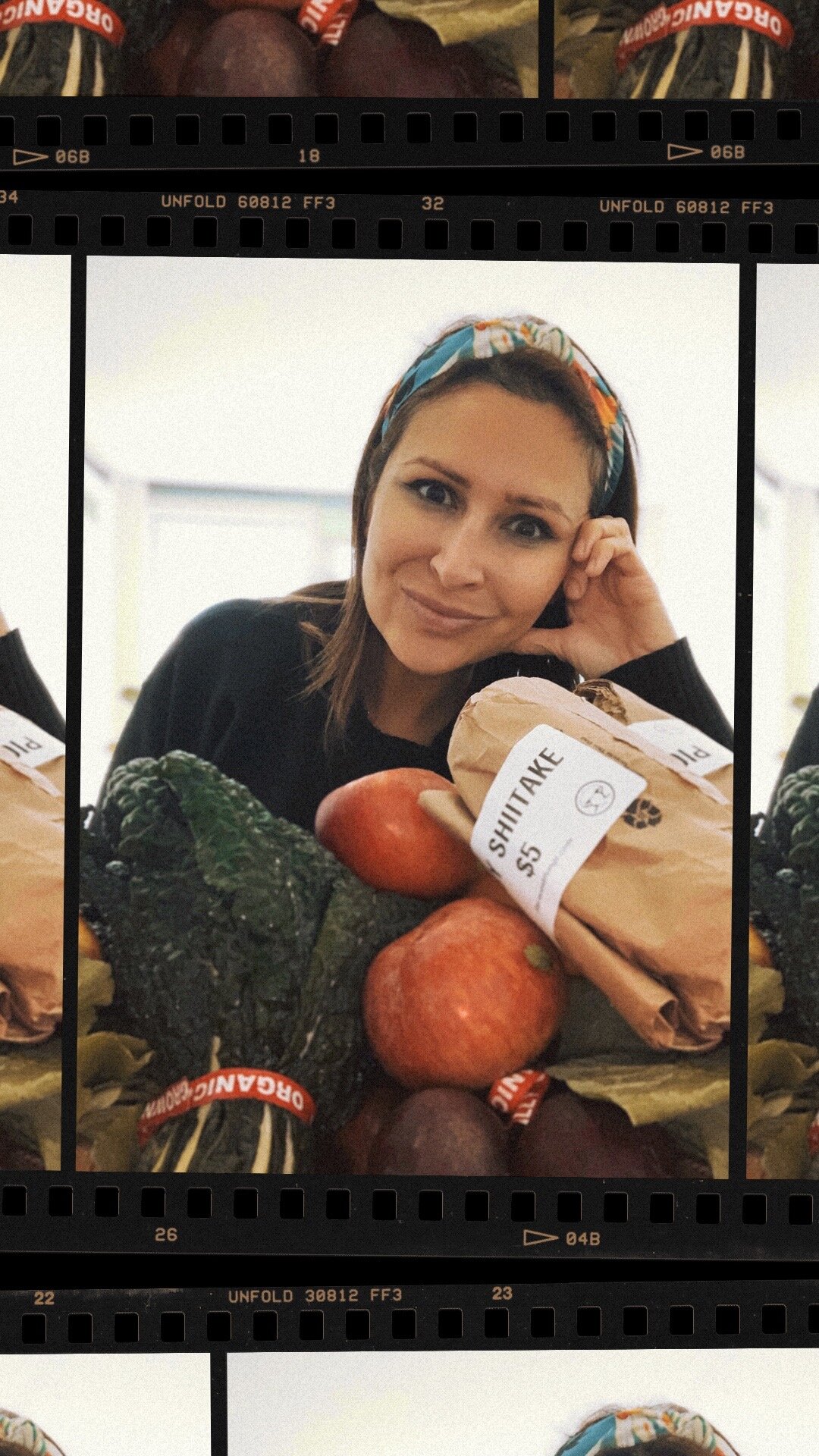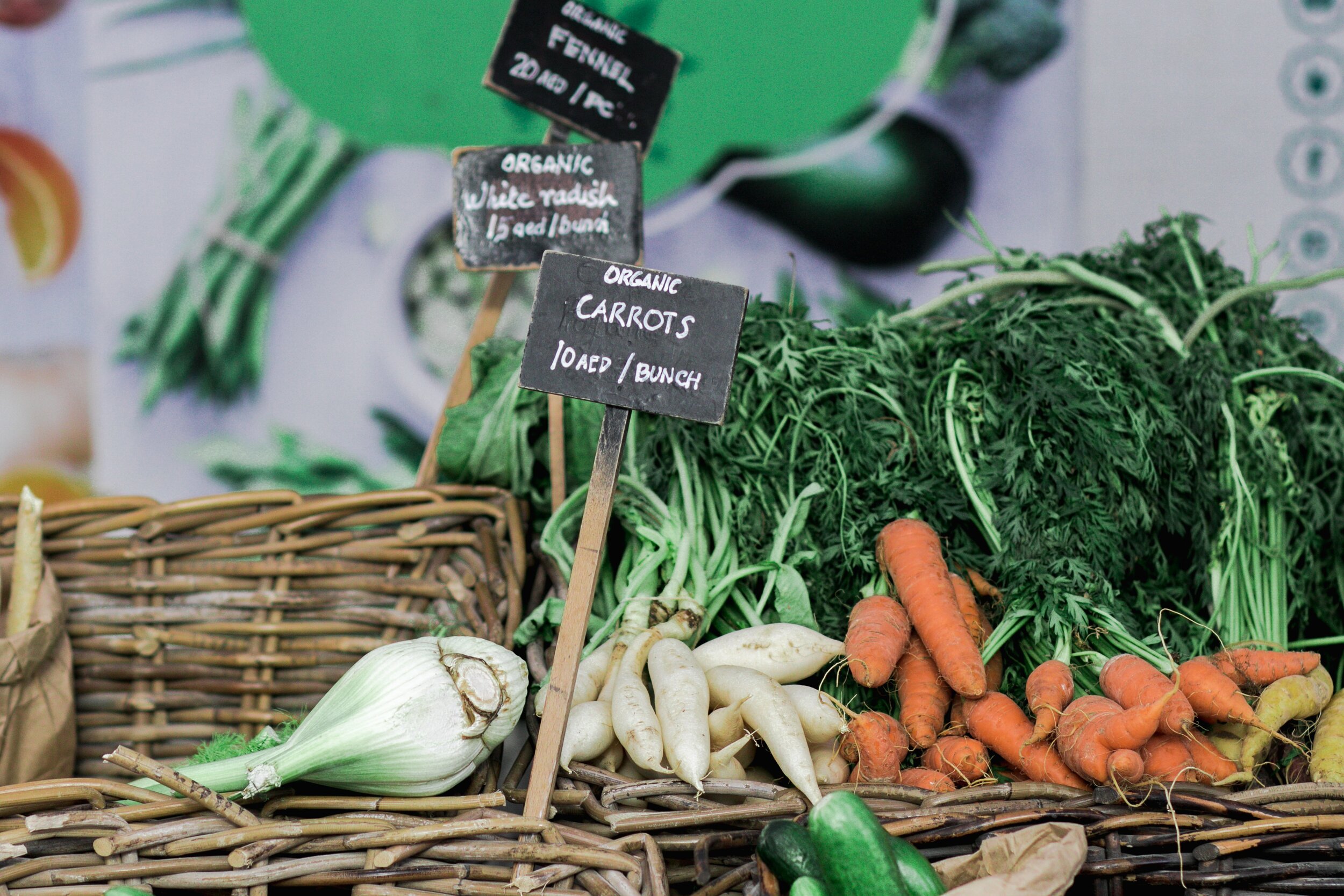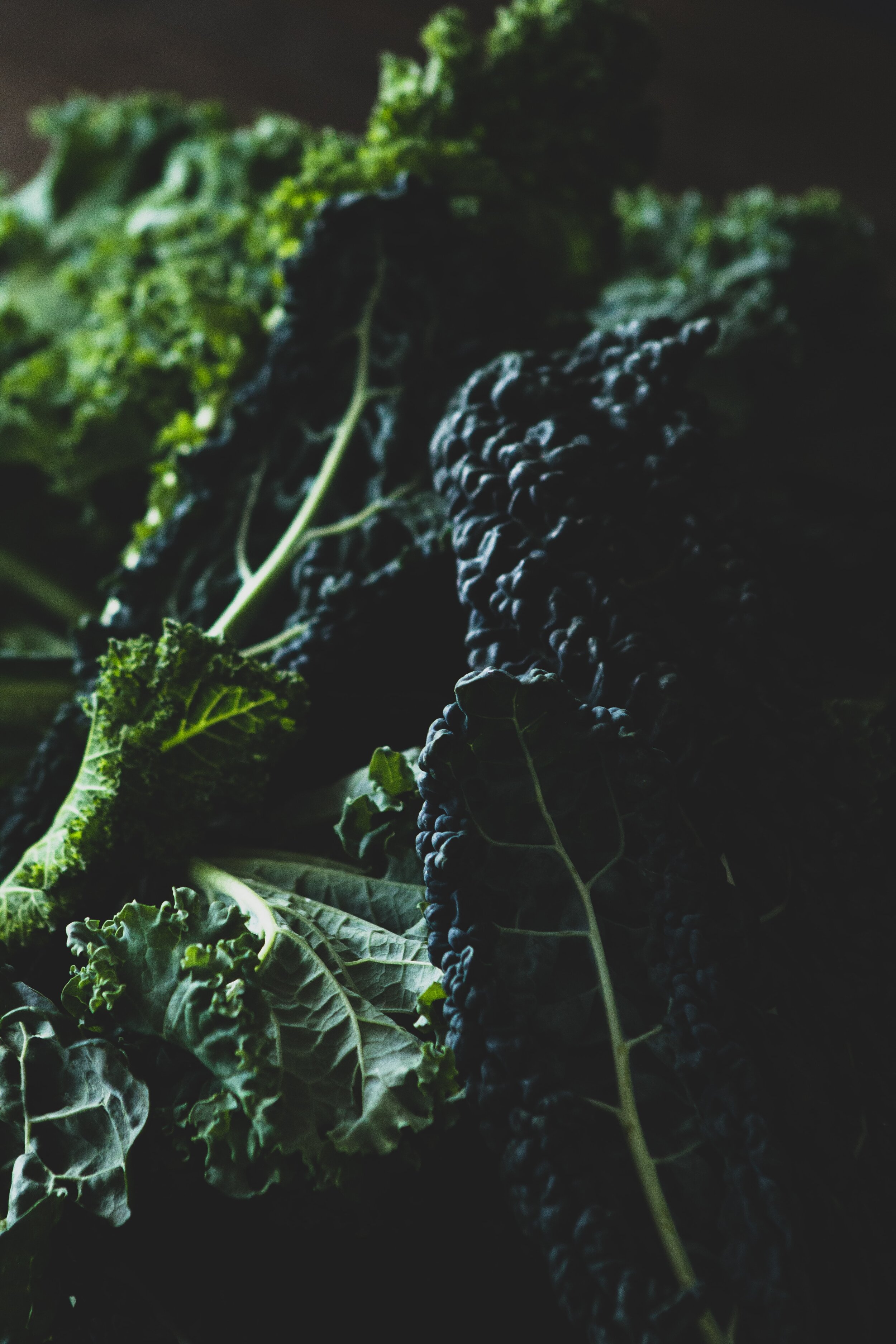10 Reasons Why Buying Local and In-Season Is Better
Why buy local? It’s healthier for you, better for the planet, and your community.
Have you wondered why it’s important to buy local food?
It seems like buying local food is now a mainstream trend, with more and more people wanting fresh, local options for produce and other foods. And more restaurants are sourcing locally grown ingredients as well, often using the term farm-to-table or localvore fair.
This ethos and way of life is one of the many things that has always drawn me to travel, especially in developing countries and across Europe, and lead me to fall in love with life in Portland, OR. Buying local and supporting your local community, is the way of life in Portland.
But what is buying local exactly?
How big of an impact does eating local food have on your health and our planet?
Why is it important to know more about where your food comes from?
I’m sure these are a few questions that come to mind if you are new to this or making better choices.
Here in California, we have a wide variety of farms all across the state—dairy, fruits, vegetables, flowers and herbs, and animal products of all kinds. Our farmers are dedicated to the stewardship and committed to quality. And while they love what they do, they aren't doing it for mere entertainment. They need to make a living.
Consumers that value fresh food and a working landscape should support local farmers by buying their products. While it’s important to support our local community, it’s just as important to eat seasonally. I can’t remember the last time I bought a tomato out of season. Aside from bananas and frozen strawberries, everything else I tend to source locally, and seasonally. If you are wondering why seasonal produce just tastes that much better.
10 Reasons Why Buying Local and In-Season Is Better
Locally grown food tastes and looks better.
The crops are picked at their peak, and farmstead products like cheeses and are hand-crafted for best flavor. Livestock products are processed in nearby facilities and typically the farmer has a direct relationship with processors, overseeing quality, unlike animals processed in large industrial facilities.
Local food is better for you.
The shorter the time between the farm and your table, the less likely it is that nutrients will be lost from fresh food. Food imported from far away is older and has traveled on trucks or planes, and sat in warehouses before it gets to you.
Local food preserves genetic diversity.
In the modern agricultural system, plant varieties are chosen for their ability to ripen uniformly, withstand harvesting, survive packing and last a long time on the shelf, so there is limited genetic diversity in large-scale production. Smaller local farms, in contrast, often grow many different varieties of crops to provide a long harvest season, an array of colors, and the best flavors. Livestock diversity is also higher where there are many small farms rather than a few large farms.
Local food is safe.
There's a unique kind of assurance that comes from looking a farmer in the eye at farmers' markets or driving by the fields where your food comes from. Local farmers aren't anonymous and they take their responsibility to the consumer seriously.
Local food supports local families.
The wholesale prices that farmers get for their products are low, often near the cost of production. Local farmers who sell direct to consumers cut out the middleman and get full retail price for their food - which helps farm families stay on the land.
Local food builds community.
When you buy direct from a farmer, you're engaging in a time-honored connection between eater and grower. Knowing farmers gives you insight into the seasons, the land, and your food. In many cases, it gives you access to a place where your children and grandchildren can go to learn about nature and agriculture.
Local food preserves open space.
When farmers get paid more for their products by marketing locally, they're less likely to sell farmland for development. When you buy locally grown food, you're doing something proactive to preserve our working landscape. That landscape is an essential ingredient to other economic activity in the state, such as tourism and recreation.
Local food keeps taxes down.
According to several studies by the American Farmland Trust, farms contribute more in taxes than they require in services, whereas most development contributes less in taxes than the cost of required services. Cows don’t go to school, tomatoes don’t dial 911.
Local food benefits the environment and wildlife.
Well-managed farms provide ecosystem services: they conserve fertile soil, protect water sources, and sequester carbon from the atmosphere. The farm environment is a patchwork of fields, meadows, woods, ponds, and buildings that provide habitat for wildlife in our communities.
Local food is an investment in the future.
By supporting local farmers today, you are helping to ensure that there will be farms in your community tomorrow. That is a matter of importance for food security, especially in light of an uncertain energy future and our current reliance on fossil fuels to produce, package, distribute, and store food.



